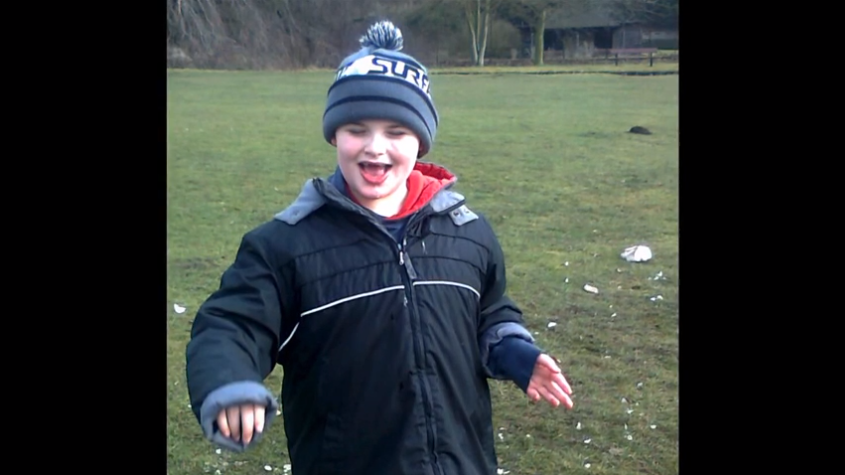Key Facts about Angelman Syndrome
The syndrome is caused by missing or altered genetic information on the maternal copy of chromosome 15.
Mobility in Angelman syndrome appears to be related to the genetic cause.
Individuals with Angelman syndrome are often described as having very happy and excitable personalities and parents often report that their child develops an exceptionally strong bond with them.
Most individuals with Angelman syndrome will have a severe to profound level of intellectual disability.
Expressive language is often impaired in Angelman syndrome and many individuals will use non-verbal strategies to communicate (i.e. touch or pulling a person’s hand).
Around 84% of individuals with Angelman syndrome will show stereotyped behaviours, most commonly, hand stereotypies (e.g. hand flapping).
Around 73% of individuals with Angelman syndrome show aggressive behaviour (e.g., hair pulling), however, this does not mean that the person has intent to harm another person. Aggressive behaviour has been associated with over-activity, impulsivity and repetitive behaviour in Angelman syndrome.
Over-activity and poor concentration are thought to gradually improve as individuals get older.
Some recent studies have suggested that characteristics associated with autism spectrum disorder may be more common in Angelman syndrome than in people with intellectual disability without Angelman syndrome.
Some health issues are more likely to occur in individuals with Angelman syndrome. These include curvature of the spine (scoliosis) and reduced mobility with age due to increased tension in the muscles. Gastro-oesophageal reflux (similar to heartburn) can occur.




